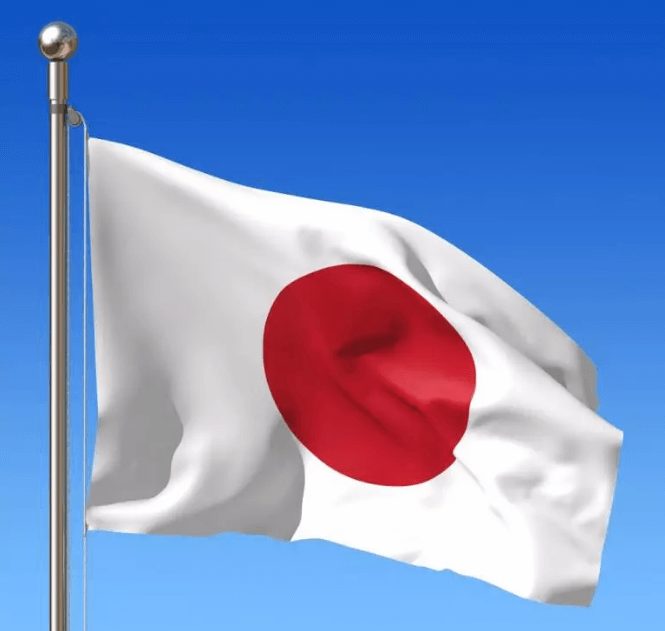Liraz Postan
Liraz is an International SEO and Content Expert with over 13 years of experience.

The issue when translating into English is ensuring you sound like the analyst who described the stock markets in Japanese or the Engineer who wrote about carburetors in Japanese. It’s vital that your translation in English sounds just like the analyst or engineer wrote it themselves, and basically, this comes down to terminology. This is the distinguishing factor between an actual translator and someone putting random words into Google Translate. We must remember that translation is not just about words – it’s about images and concepts.
You could assume that if a translation agency tests you and you don’t hear back from them, then you’re not ready. It all depends on what the clients want. Maybe your language skills are less than perfect but the client really likes how you write – so you get the job! Perhaps you have great language skills but the client’s not happy with what you do, then you’re not ready.
You must be an avid reader if you want to be an effective translator. Study economics, read newspapers in both Japanese and English every day, learn basic scientific principles, how car engines work, and so on. You don’t have to become an expert in these things: you just need to understand enough to make it sound as if an expert penned the English translation. Of course you must have impeccable English skills, and if you don’t, why should you be hired over a Japanese person who also has average English skills: that Japanese person will probably be able to understand the original Japanese source material much better (and quicker) than you can. And any errors can always be fixed later by the agency’s editor.
Translation is not solely about translating a document: anyone with fairly good language skills could probably produce an acceptable translation, given enough time. Translation is very much about speed as well! When starting out you might be expected to translate around 2000 words each day: an experienced translator does about 3000 words each day, at around 500 words per hour. If you’re a beginner you won’t be doing anywhere near that (certainly not good quality) meaning that you’ll take around 7 to 8 hours each day just doing those 2000 words. You don’t have time to research each word or ask for help: you need at least some prior background knowledge of the work you’re translating. Remember that your client isn’t interested in seeing what Google Translate can produce, nor are they interested in seeing unnatural English. You’re very fortunate if you work in the translation industry and English is your native language, but you must take advantage of it.
Let’s have a look at some of the benefits of a career in the field of translation. Translating from Japanese to English is probably the most lucrative translation combination (with German, Chinese, Korean, and Arabic not far behind); and there’s a huge demand for experienced translators. Financially, this is a well-paid career path to take, and you’ll finally feel that all your hard work is paying off. If Japanese is your forte, then you can really distinguish yourself in this field of translation.
What our customers are saying